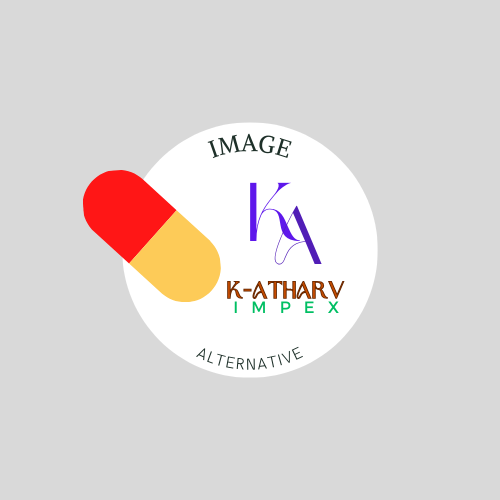- Your cart is empty
- Continue Shopping

Azom 1gm Injection
Uses of Azom 1gm Injection
- Treats severe bacterial infection
Introduction to Azom 1gm Injection
Azom 1gm injection is an antibiotic with an active ingredient called Aztreonam. This medicine was initially derived from Chromobacterium violaceum, which belongs to the medication class known as monobactams. It is used to treat serious infections caused by bacteria. Additionally, it contains L-arginine. Monobactams are an antibiotic with a special structure called a monocyclic beta-lactam nucleus. This differentiates them from other commonly known antibiotics like penicillins, cephalosporins, and cephamycins.
Do not take Azom 1gm injection if you are allergic to Aztreonam and its other ingredients. Before starting the treatment, inform your doctor if you have a liver or kidney condition, a blood disorder (e.g., pancytopenia – reduced blood cells), a skin disorder, positive for antiglobulin (coomb’s) test, fits (a sudden, violent, irregular movement of the body). Inform your doctor if you are pregnant, planning to get pregnant, or think you may be pregnant or breastfeeding.
Notify your doctor if previous antibiotic use or stomach/intestinal issues have caused diarrhea, and you develop severe, prolonged, or bloody diarrhea while taking Azom 1gm injection. Inform your doctor immediately, as it may be necessary to discontinue the treatment. Notify your doctor if you are consuming antibiotics or anticoagulants (blood clots). Suppose you experience encephalopathy (A condition characterized by impaired brain function).
Therapeutic Effects of Azom 1gm Injection
Azom 1gm injection specifically targets and disrupts the cell wall of the bacteria, leading to their weakening and eventual rupture. Its primary action is against Gram-negative bacteria, which are commonly associated with various types of infections.
Interaction of Azom 1gm Injection with other drugs
Inform your doctor about any prescribed medications, over-the-counter medicines, nutritional or vitamin supplements, and herbal products you take or have taken before the treatment. Certain medications may interact with Azom 1gm injection and can cause undesirable side effects.
More Information about Azom 1gm Injection
- Keep out of sight and reach of pets and children.
- Do not freeze the medicine.
- Do not store above 25°C.
- Tell your doctor if you experience seizures, altered mental function, unexplained confusion, or weakness).
How to consume Azom 1gm Injection
Azom 1gm injection will be administered to you by a healthcare professional in a hospital setting. It is usually administered in muscle or vein (intravenous). Your doctor will decide the dose, route of administration, and frequency based on your disease condition and other factors.
Safety Advices for Azom 1gm Injection
Pregnancy
Limited information is available on the use of Azom 1gm injection during pregnancy. Notify your healthcare professional if you are pregnant or planning to have a baby think you may be pregnant.
Breast Feeding
Limited information is available on using Azom 1gm injection during breastfeeding. So, before starting the treatment, inform your doctor if you are breastfeeding. Contact your doctor for more information.
Lungs
It is unknown whether the Azom 1gm injection is safe for patients with lung problems. Inform your physician if you have any lung disease before starting the treatment. Contact your doctor if you experience any lung-related symptoms.
Liver
Azom 1gm injection should be used cautiously in liver patients. Before starting the treatment, inform your doctor about pre-existing liver conditions. Dose adjustment is needed in such conditions.
Alcohol
It is unknown whether consuming alcohol while taking an Azom 1gm injection is safe. Please speak with your physician.
Driving
Azom 1gm injection could alter the driving ability or operating machinery capacity by causing encephalopathy.
Side Effects of Azom 1gm Injection
Side effects are unwanted symptoms caused by medicines. Even though all medicines cause side effects, not everyone gets them.
Serious
- Allergic reactions (swelling of face, tongue, throat, or lips, difficulty breathing or swallowing ).
Common
- Rash
- Nausea
- Diarrhea
- Injection site reactions (swelling, pain, itchiness, redness)

